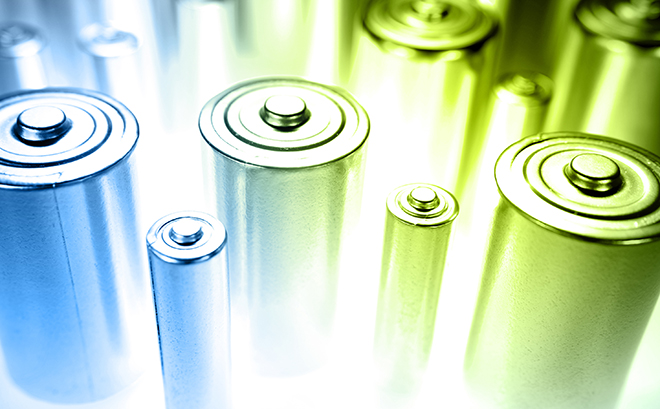What’s going to happen to all those lithium-ion batteries after they die? What’s the best way to recycle them? A new model developed at the DOE’s Argonne National Laboratory allows industry insiders to assess the money and energy savings from recycling EV batteries.
ReCell, a closed-loop battery recycling model, offers preliminary estimates of total costs as well as environmental impacts such as carbon dioxide emissions. The model breaks down each process from when a battery leaves the factory to when it is recycled.
The ReCell model can provide information to manufacturers up front, allowing them to determine life-cycle costs with precision and provide batteries to consumers with minimal environmental and economic impacts. Argonne’s researchers have designed ReCell to be versatile and adapt to different battery chemistries and formats.
The model includes three basic recycling technologies:
- Extracting metals with heat (pyrometallurgical)
- Extracting metals with liquids (hydrometallurgical)
- Direct recycling
Preliminary findings estimate that a cell with a recycled cathode could cost 5 percent, 20 percent and 30 percent less than a new cell using pyrometallurgy, hydrometallurgy and direct recycling routes, respectively. That same cell could consume 10 percent, 20 percent and 30 percent less energy, respectively.
The model also considers transportation-related cost and environmental factors, which can help steer the development of a recycling infrastructure. For instance, is it more effective to have one large central recycling center or several smaller centers located throughout the country?
“Argonne has a long track record of expertise in battery research and development, and now we have added the ability to examine every step along the way, from manufacturing to recycling,” said ReCell Project Leader Jeff Spangenberger. “ReCell helps determine where we need to focus our efforts. This results in more efficient research and expedites the process of reaching our life cycle, or circular, goal.”
SEE ALSO: Advanced battery classification techniques for second life batteries
Source: DOE Science News Source



















































































